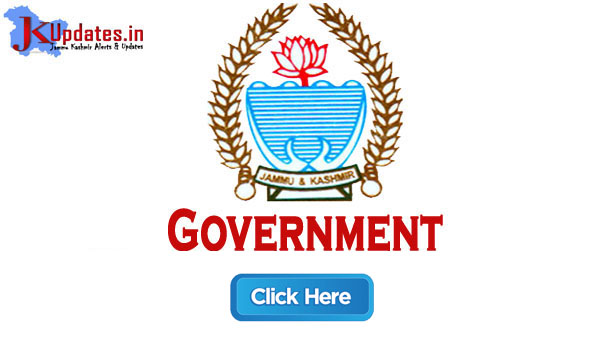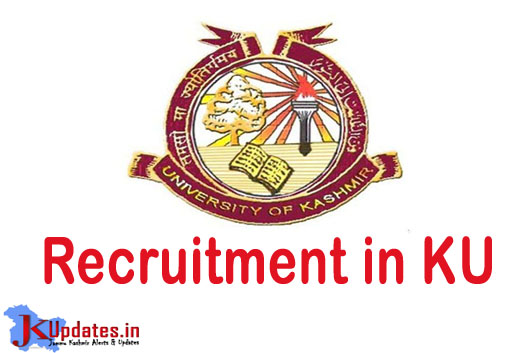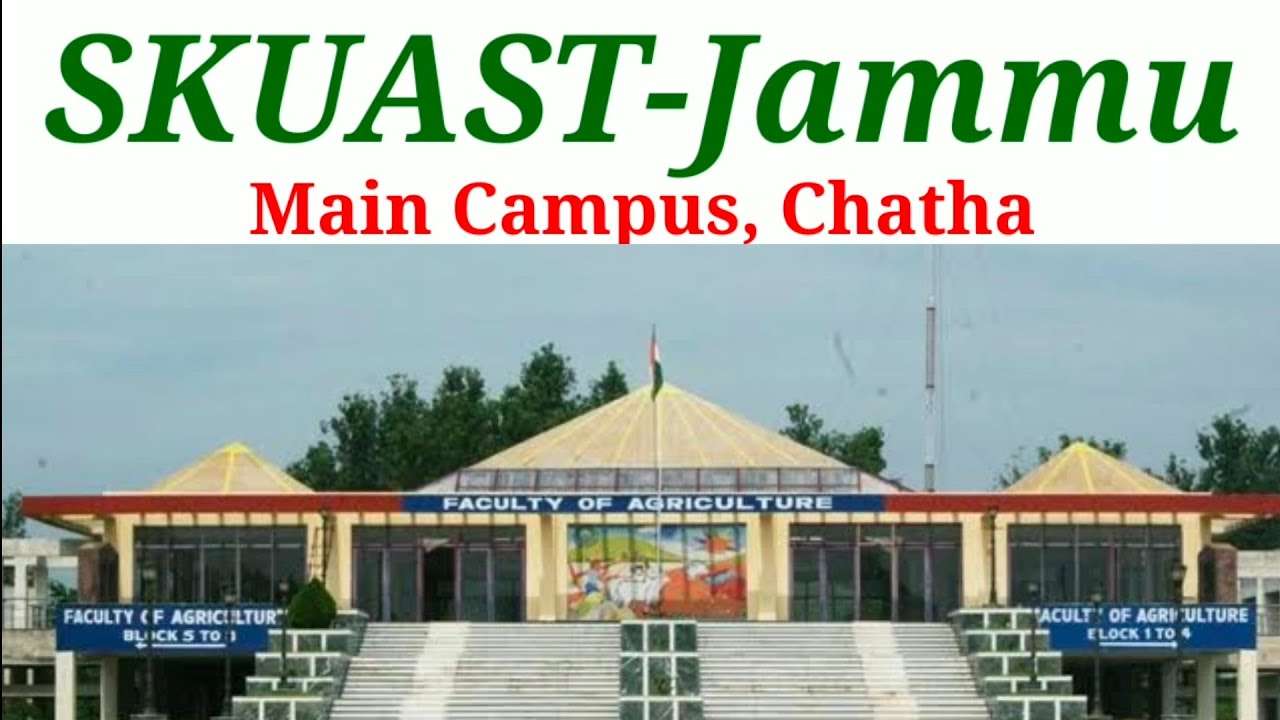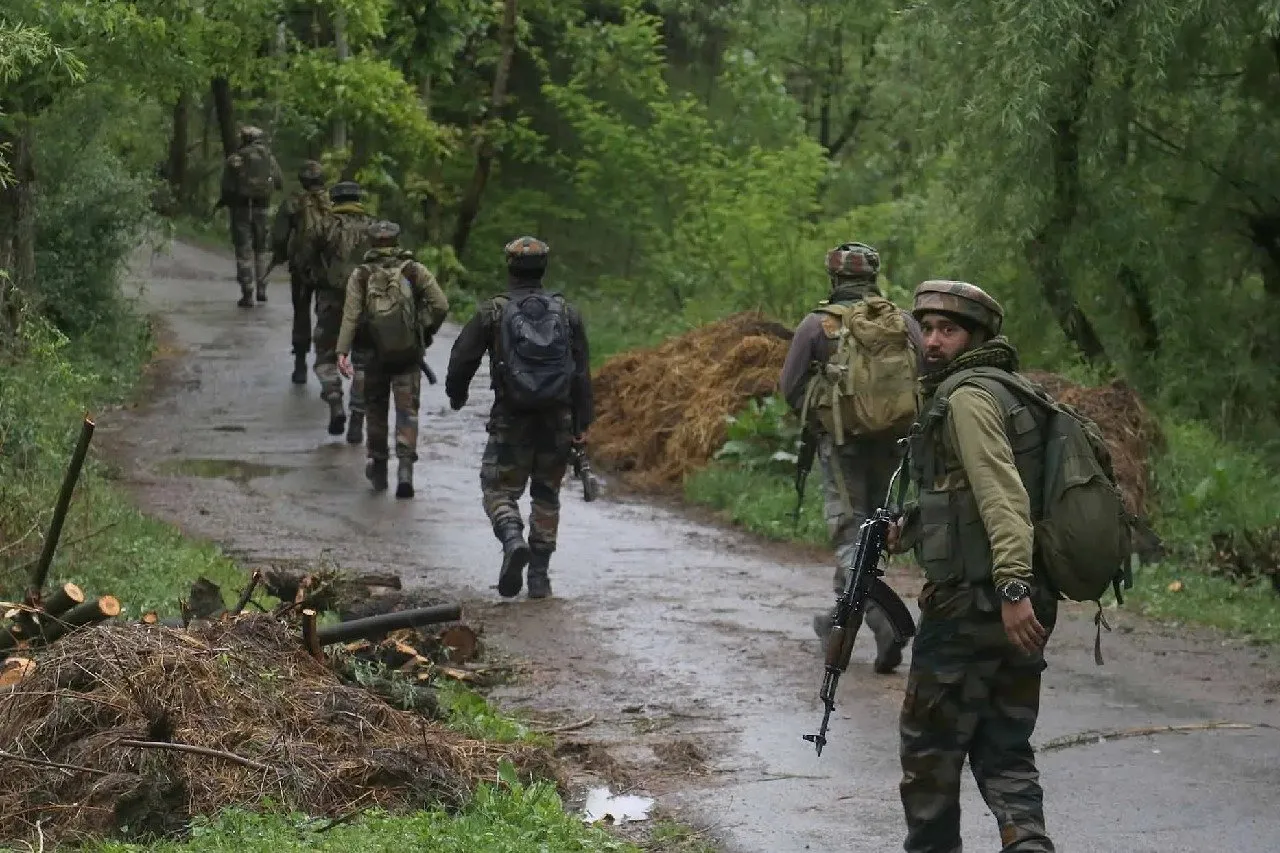Pak visit solely for SCO summit, not India-Pak talks: Jaishankar
External Affairs Minister S Jaishankar, during the ‘Sardar Patel Lecture on Governance’ in New Delhi Saturday clarified that his upcoming visit to Pakistan for the Shanghai Cooperation Organisation (SCO) summit on October 15 to 16 would focus exclusively on multilateral issues, with no intention of discussing India-Pakistan ties.
“I am going there to be a good member of the SCO. But, you know, since I am a courteous and civil person, I will behave myself accordingly,” Jaishankar said, setting the tone for his diplomatic engagement.
Jaishankar primarily delivered remarks on the Personality of Sardar Vallabhbhai Patel’s legacy, especially in terms of governance, national integration, and security, while he also partly in his speech drew attention to issues like Jammu and Kashmir, India’s relations with Pakistan, the Indus Water Treaty, and China and some blunders made in the past.
On J&K
Reflecting on Patel’s pivotal role in uniting Indian states post-partition, Jaishankar emphasised that J&K remained an exception, leading to long-lasting consequences.
“Jammu and Kashmir was the one state Sardar Patel was not allowed to handle. We all know how that unfolded. It has taken us much national effort and many sacrifices to rectify those errors subsequently,” he said, alluding to the complexity of the situation.
He pointed out Patel’s resistance to referring Pakistan’s invasion of J&K to the United Nations, a decision made by then Prime Minister Jawaharlal Nehru.
“Patel was opposed to going to the United Nations in the first place. His logic was simple yet profound – India should not submit its issues to the judgment of other powers,” Jaishankar said, reflecting on how Patel’s practical and nationalist approach might have altered the trajectory of the dispute.
He went on to elaborate on the historical missteps.
“Sadly, Patel’s caution was disregarded. The matter was internationalised, and what began as the ‘Jammu and Kashmir Question’ was conveniently turned into the ‘India-Pakistan Question,’ placing the two countries at par and changing the global narrative. It took us a quarter century to settle that error,” Jaishankar said.
On Pakistan
Discussing India’s approach to Pakistan, Jaishankar said Patel had been one of the strongest advocates for applying all possible pressure after Pakistan’s attack on J&K.
“Patel’s reluctance to take the matter to the UN stemmed from his belief that Pakistan was better handled directly rather than in an international framework that could be manipulated by them,” Jaishankar said.
He said, “Patel recognised that cross-border terrorism or hostile actions could not be met with leniency or wishful thinking. His approach to both national security and diplomacy was grounded in realism.”
On the Indus Waters Treaty
Jaishankar speculated on how Patel might have handled the Indus Waters Treaty had he lived to see it.
“Today, we might ask ourselves what Sardar Patel’s approach would have been to the Pakistan-related issues that emerged after his passing, including the Indus Waters Treaty of 1960. Would Patel have endorsed this treaty? Or would he have seen it, as Nehru reportedly did, as a minor issue involving a ‘pailful of water’ in the larger context of international politics,” he said.
Continuing on Patel’s potential stance, Jaishankar said, “Given Patel’s realistic approach to Pakistan, one could argue he might have seen such a treaty in a more strategic light. His belief in leveraging every available tool to safeguard India’s interests, particularly in the context of cross-border tensions, is something we should reflect on. Realism must remain the foundation of our policy with neighbours like Pakistan.”
On China
Shifting focus to China and taking a leaf from history, Jaishankar highlighted Patel’s correspondence with Nehru in 1950, where the two leaders differed significantly in their assessments of China’s intentions.
“Patel’s view was that India had done everything it could to allay China’s concerns, but China regarded us with suspicion, perhaps even hostility. His famous letter to Nehru reflected his belief that China had definite ambitions that did not bode well for India’s security,” Jaishankar said.
“In contrast, Nehru trusted China’s proclamations of friendship and believed that India should not give way to ‘unreasoning fears.’ To him, it was inconceivable that China would undertake what he called a ‘wild adventure’ across the Himalayas. Unfortunately, the events of 1962 vindicated Patel’s concerns,” he said.
On Border Infrastructure and National Security
Jaishankar drew lessons from Patel’s foresight for security challenges, particularly with regard to border preparedness.
“Today, our border infrastructure spending has gone up five times in the last decade. There is a tight ‘pol-mil’ approach to decision-making, ensuring that our national security interests are served comprehensively. This is something Sardar Patel would have appreciated, as his approach centred on integrated and decisive governance,” Jaishankar said.
He stressed that the current situation along the Line of Actual Control (LAC) with China requires reinstating peace and tranquillity.
“The rise of Asia can only happen when India and China have a positive dynamic. The three mutuals – mutual respect, mutual sensitivity, and mutual interests – offer a credible pathway forward,” Jaishankar said.
He said that Patel faced the monumental task of rebuilding India after two centuries of colonial rule, all while navigating a rapidly shifting global landscape in the aftermath of World War II and the early stages of decolonisation.
“His ability to grasp the broader international picture and make complex calculations was remarkable, especially in such uncertain times. Today, we find ourselves in a similarly transformative period, as the global order that emerged during his era has reached its limits. With the rise of multipolarity and a return to the natural diversity of nations, there is no set model or playbook to guide us. What we need is a balance of self-confidence, realism, preparation, and a strong sense of nationalism to achieve the vision of Viksit Bharat (developed India). In this pursuit, Sardar Patel’s legacy will always serve as a guiding inspiration,” Jaishankar said.
He underlined the continuing relevance of Patel’s leadership in dealing with India’s strategic challenges.
“Sardar Patel’s life, policies, and decisions serve as a guiding light for us even today. His belief in realism, firm governance, and national security remain the bedrock of India’s foreign policy. We must honour his legacy by continuing to make decisions grounded in India’s national interest,” Jaishankar said.
 |
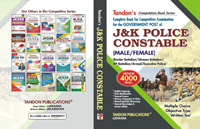 |



